The Importance of Puncture Resistance in Cotton Bale Wrap Film
2025-05-13
Puncture resistance stands as a critical attribute of cotton bale wrap film, playing an indispensable role in safeguarding the integrity of cotton during transportation and storage. Cotton bales, with their fibrous and often irregular surfaces, inherently pose a risk of piercing through weaker films. A film lacking sufficient puncture resistance may develop tiny tears or holes, exposing the cotton to external elements such as moisture, dust, and contaminants. Once infiltrated, these substances can cause significant damage, leading to discoloration, mold growth, and a decline in fiber quality, ultimately reducing the cotton’s market value.
During transit, cotton bales endure various handling processes, including stacking, shifting, and contact with rough surfaces within cargo holds or storage facilities. A highly puncture-resistant wrap film acts as a robust barrier, effectively withstanding these mechanical stresses. It prevents sharp objects or the bales’ own protruding fibers from breaching the film, ensuring the cotton remains securely enclosed. Moreover, in long - term storage scenarios, where environmental factors can gradually compromise film integrity, high puncture resistance ensures the film maintains its protective function over extended periods.
In the competitive cotton industry, maintaining the quality of the product is paramount. Manufacturers and suppliers rely on puncture - resistant cotton bale wrap films to uphold the reputation of their cotton. By investing in films with superior puncture resistance, they can minimize losses due to product degradation, enhance customer satisfaction, and streamline their supply chain operations. Thus, puncture resistance is not merely a technical specification but a fundamental factor that underpins the success of cotton handling and marketing.
You Might Also Like
-
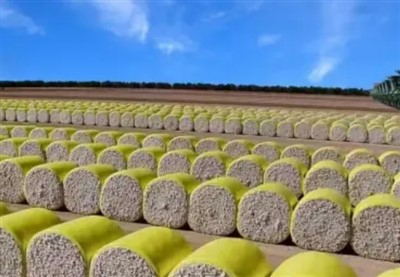
what are the advantages of cotton packaging film
-
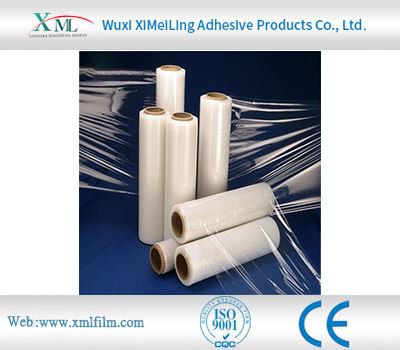
How to Remove Protective Transparent Plastic Film Without Damaging the Surface
-
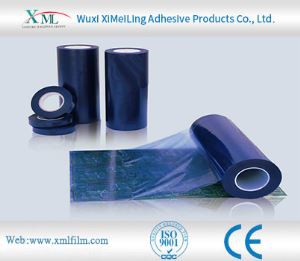
How does pe protective film cope with high temperature environment
-
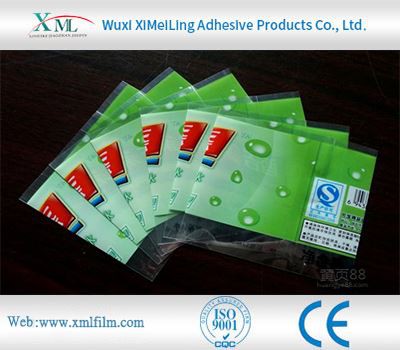
How Polyethylene Packaging Material Copes with High Temperature Environment
-
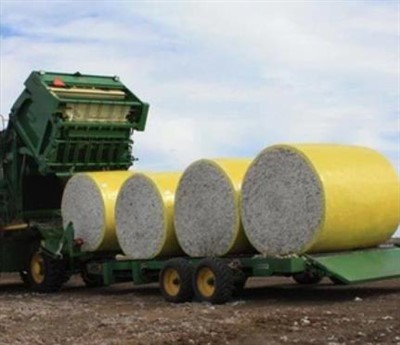
The Advantages of Cotton Wrap Film
-
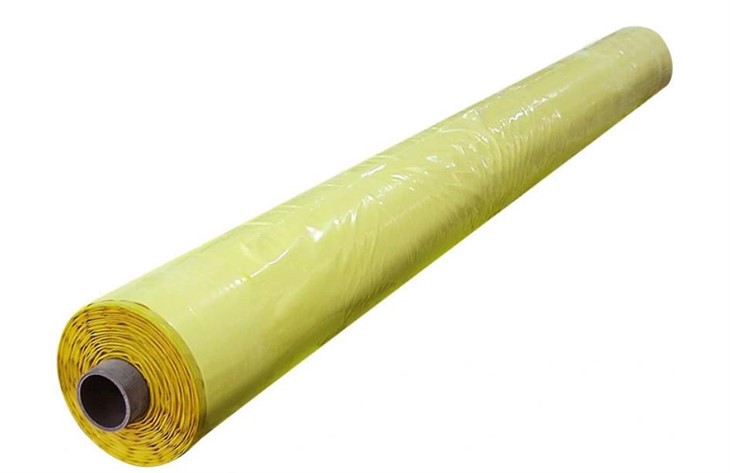
Advantages of Cotton Bale Wrap Film
